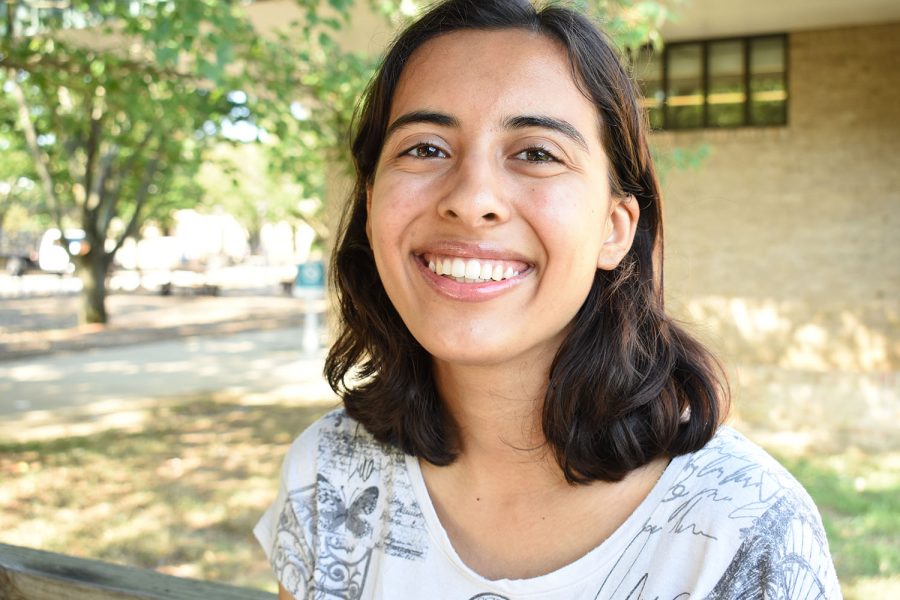Look for factual info so you’ll vote wisely
Amber Nathan, Campus Current editor-in-chief, says to look at all available sources and information before deciding who to vote for in the 2020 presidential elections.
August 21, 2019
As the 2020 presidential election approaches, we should all prepare to vote wisely.
In this day and age, information on the candidates is available at the click of a mouse or a quick tap on a phone screen. But with more sources comes more room for error.
As more and more people begin posting about the election on social media and covering candidates in the news, it’s critical to get your facts straight and not give in to peer pressure.
Young voters tend to be influenced easily by those around them. But when it comes to helping determine the status of our country, it’s important we do our own research and not rely strictly on what others have to say about candidates.
I suggest that if students really dislike a particular candidate, they should do some deep thinking about why they don’t want to vote for that person. Is it because they truly understand the policies the contender stands for, or is it because they heard everyone else say what a horrible choice the candidate would be—without double-checking the facts?
Some sources are biased, and so are your peers, so it’s best not to rely only on one or two sources. I suggest that students follow not only the candidates they are supporting on social media, but also the candidates they do not plan to vote for.
Every story has two sides, and this is important to consider when evaluating candidates. If the news media raises a particular issue, make an effort to find sources who take opposite stances. Don’t take anything at face value.
From there, evaluate which side’s story best fits the facts. It’s up to you, as a voter, to put the effort into finding the truth. Don’t expect information to be handed to you, or you will never find the answers to tough questions.
My best advice is to take everything with a grain of salt. Be skeptical, but do not be cynical. Be curious, but do not be obsessive. Find the fine line that so many people miss when evaluating candidates, learning how to detect lies without losing faith in your own beliefs.
Students also should have intelligent discussions with people both in their own political party and those of the opposing party to create checks and balances. Never be afraid to ask questions of yourself, your peers and others in your life.
Often fear of criticism or conflict stops students from speaking up about controversial topics. But it’s crucial not to let fear get in the way of your search for truth. Though the quest for answers may at times be discouraging, taking the initiative to find them will be worth it in the end.
The 2020 election will be here before we know it. I encourage students to be open-minded and take time to examine both sides fairly. Who knows how your opinions might change if you make room for a fresh perspective?












